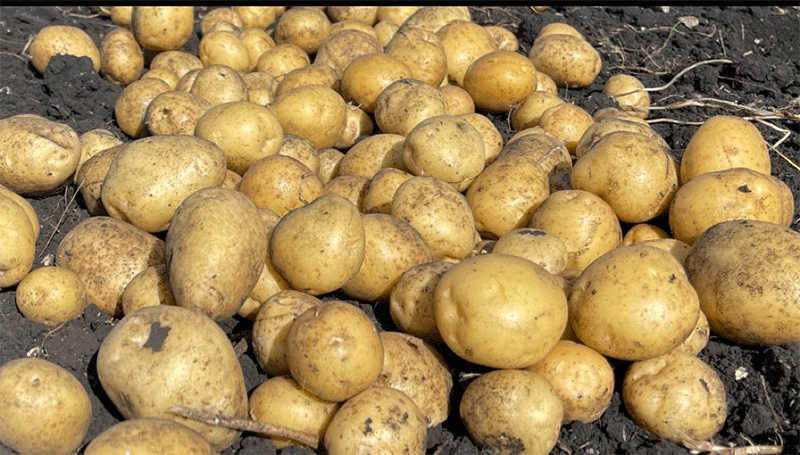Proposed Changes Could Heighten Crop Disease Transmission Risks, Warn Industry Stakeholders
The European Parliament’s push to amend EU seed marketing regulations has raised alarms within the potato sector, with stakeholders cautioning that the proposed changes could exacerbate the transmission risks of crop diseases.
Introduced by the European Commission last July, the new regulation aims to replace ten existing EU directives governing the production and marketing of Plant Reproductive Material (PRM). However, concerns have been raised regarding its potential impact on the potato industry, particularly concerning the spread of pests and diseases associated with seed potatoes.
The position adopted by the Parliament’s Agriculture Committee (AGRI), authored by Italian MEP Herbert Dorfmann, proposes further relaxation of the rules beyond the exemptions suggested by the Commission. This has sparked apprehension among industry representatives, who fear the creation of a parallel market for seeds and the increased transmission of plant diseases.
Seed potatoes, which often carry soil attached, pose significant phytosanitary risks due to the potential transmission of pests and diseases. Concerns about wireworms and beetle larvae causing production losses have been particularly pronounced, exacerbated by climate change-induced challenges such as high temperatures and droughts.
Of particular concern is AGRI’s amendment allowing farmers to exchange any type of PRM, including tubers, without adhering to marketing rules. This could potentially circumvent essential phytosanitary checks, posing risks to both domestic and international potato production.
While some argue for greater flexibility in seed exchanges to support organic farming and genetic diversity conservation, others emphasize the importance of maintaining stringent regulations to mitigate disease spread.
The outcome of the upcoming vote on the proposed amendments remains uncertain, with divergent views within Parliament. However, influential stakeholders advocate for maintaining strict regulations to safeguard the potato sector and prevent further crises.
Ahead of the vote, industry representatives urge the Commission to reconsider the proposed flexibility and revert to the original draft text to address the concerns raised by the potato sector.






